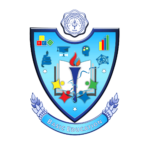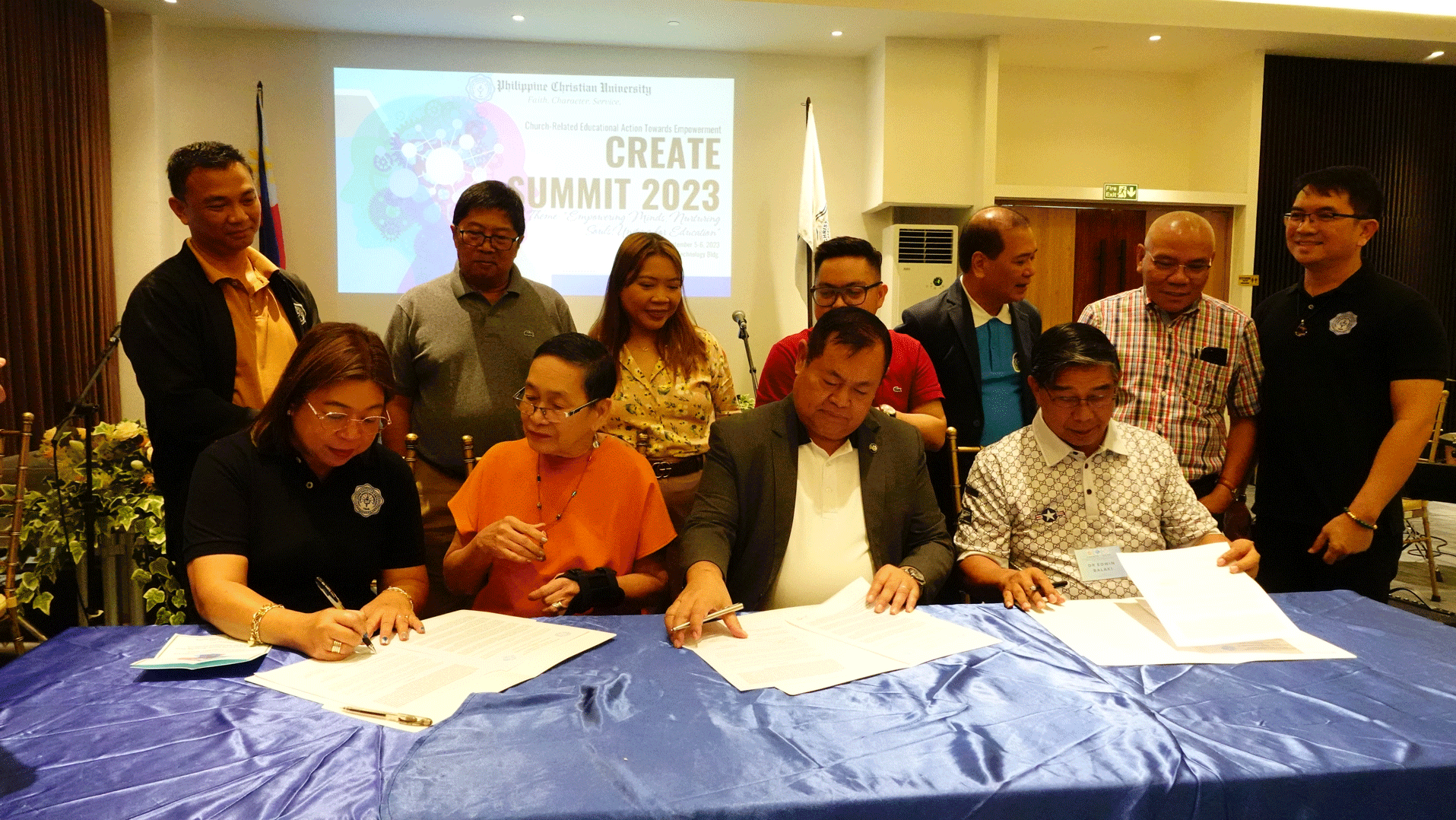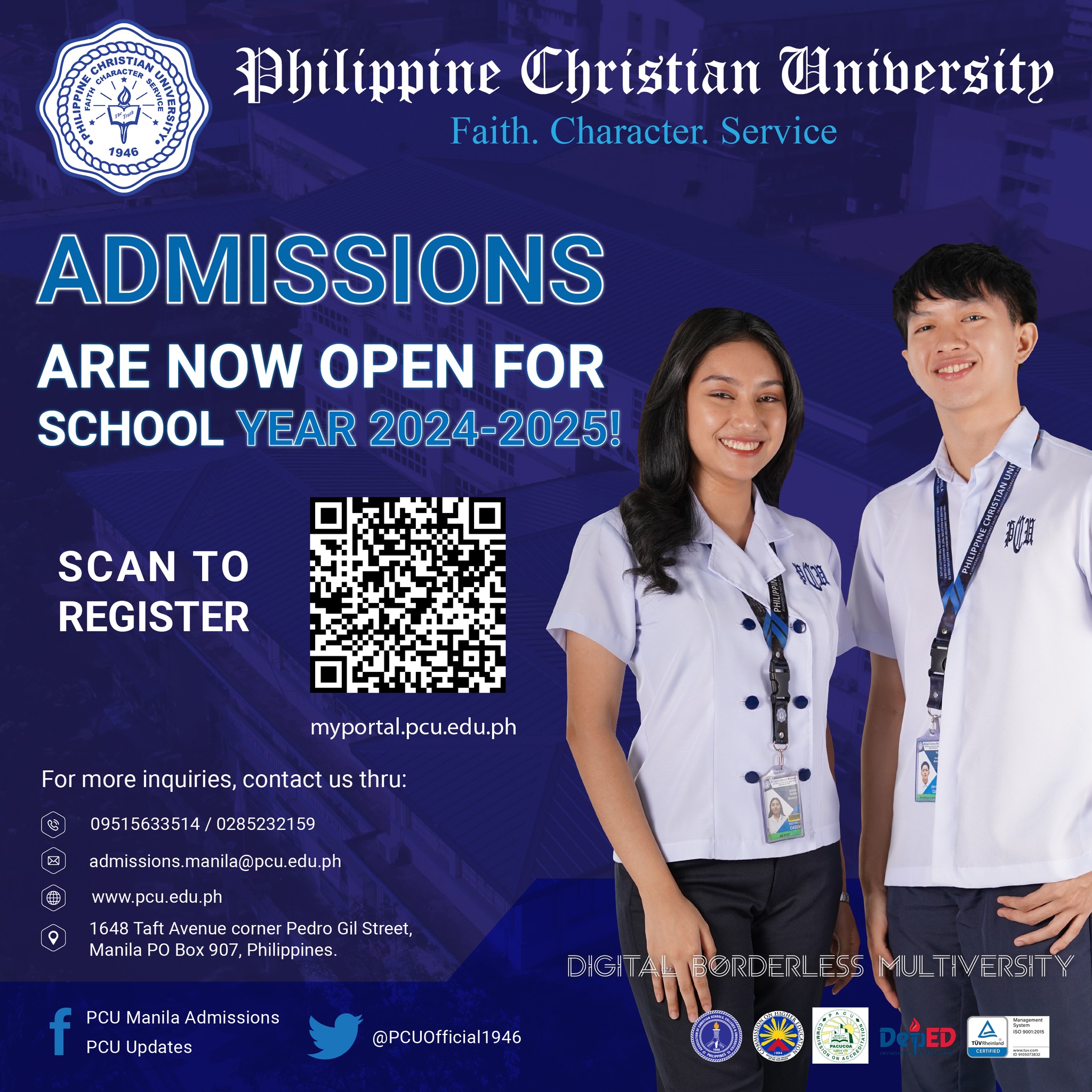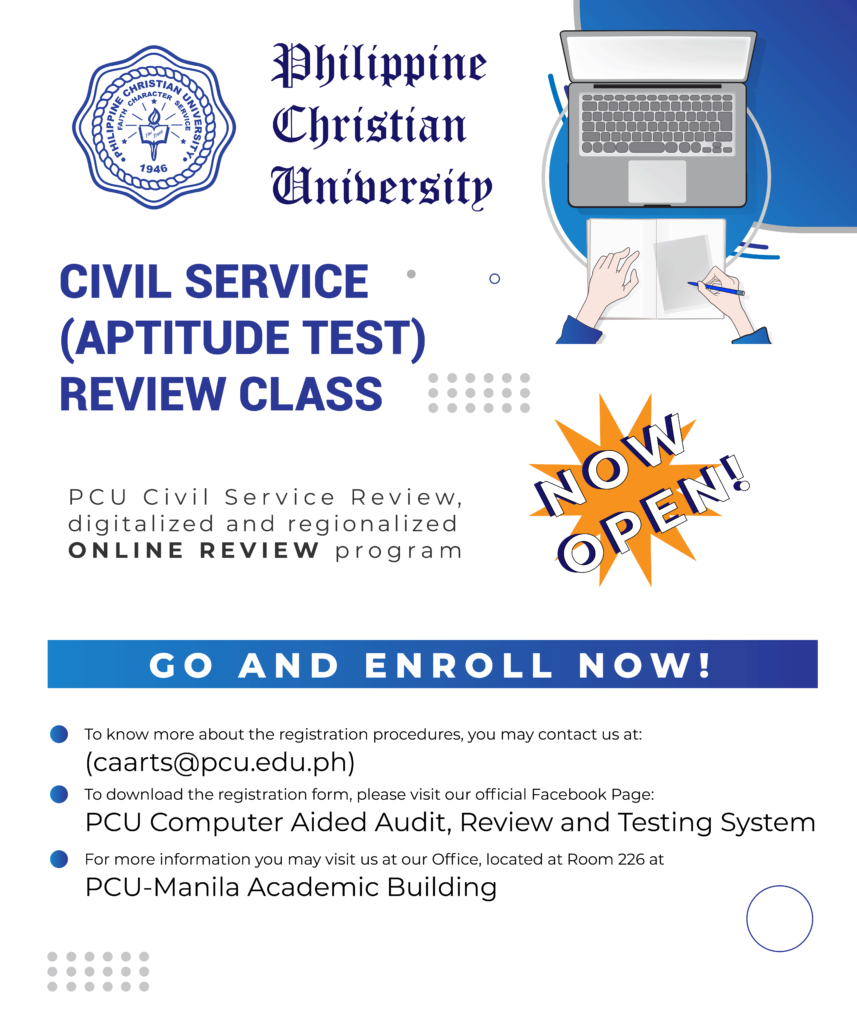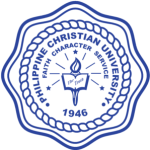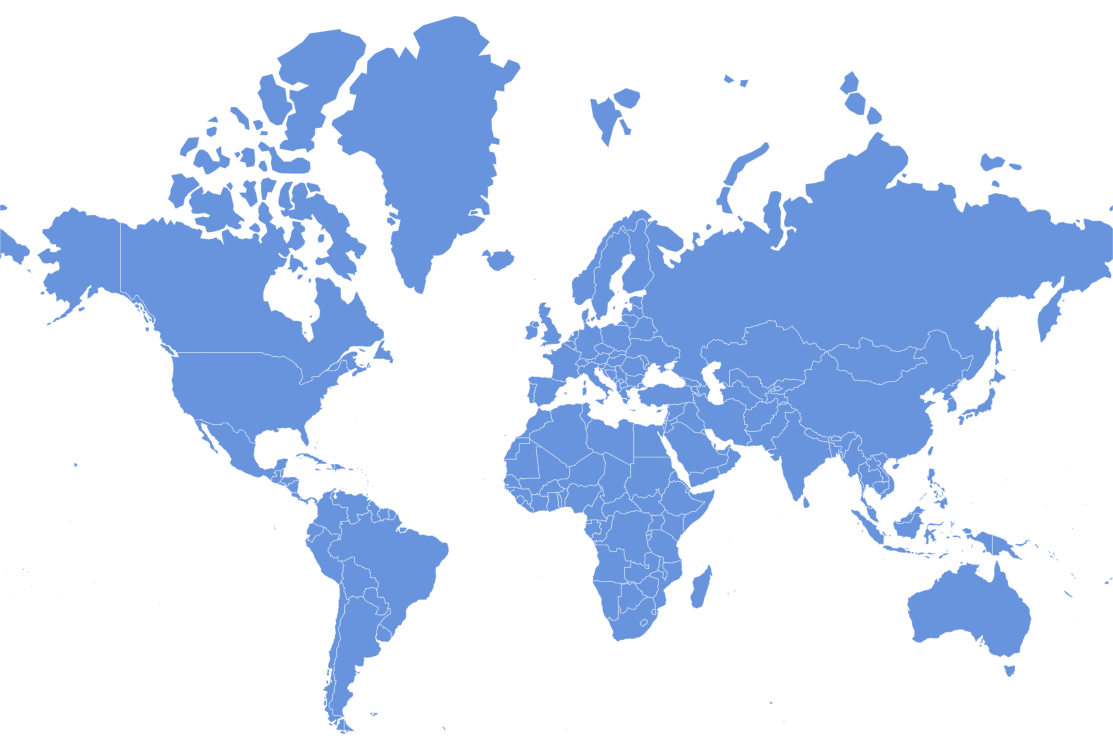Union Elementary School
"Service, Faith and Character"
WELCOME TO PCU- UNION ELEMENTARY SCHOOL!
The PCU-Union Elementary School is one of the very important educational units of the Basic Education Department of Philippine Christian University. It provides foundational learning avenues to pupils from grades one to six relevant to the educational trends and competencies of 21st Century education and embedded into its curriculum the very core Christian values it upholds which are Faith, Character and Service.
Its humble beginning started shortly after the Second World War when parents with overaged children clamored for an elementary school. Thus, in June of 1946, Union Elementary School was established as the Union Theological Seminary opened its doors to elementary school children. In 1947, it became an integral part of the Philippine Christian College when the latter was incorporated, and was then renamed the Philippine Christian College – Union Elementary School (PChC-UES). It was also in the same year when PChC-UES was granted a 50-year government recognition. It continuously grew in quantity and quality that in 1960-61, a new building was built to accommodate a significant number of enrollees. When Philippine Christian College became a university in 1975, the PChC-UES was re-named as the PCU-Union Elementary School. On April 26, 1991, PCU-UES was awarded Level III with a Five-Year Accreditation Status by the ACSCU-ACI and has been sustained up to the present. On July 15, 2014, PCU-UES was granted an ISO Certification, an indication that the school has provided quality service to our learners or clientele.
To keep abreast with the educational challenges of the times, PCU-UES adhered to the K-12 curriculum as mandated by RA 10533 or the Basic Education Act of 2013. Its educational programs and learning competencies are aligned with the protocols and standards mandated by the Department of Education (DepEd). It subscribed to GENYO e-Learning Management Program from DIWA Learning Systems, Inc. which provides interactive, collaborative tools and multimedia resources in the learning process of the learners. Furthermore, the PCU Bluebook Junior serves as the Learning Management System to help address the growing demand in terms of technological advancements along with using innovative strategies to acquire lifelong learning, competence and develop 21st Century Skills for global competitiveness. It also provides every learner an easy online access to home-based plans (syllabi), class discussions and presentations, submission of class requirements, and many more.
Now, PCU-UES implements Blended Learning Modality in order for the learners to continue to integrate the ever-developing technology as applied in many dimensions of learning processes. In consonance with its quest to produce PCU-UES learners that are innovative, globally competitive, and wholistically competent, its curriculum is enhanced through adding Advanced Science and Math subjects in all levels to enable learners to explore inquiry-based learning and induce critical thinking and sound decision making.
Along with curricular offerings, extra – curricular activities are also available by which the learners can choose for themselves. With this, they would have the opportunity to exercise and develop their talents, hone interests and practice them with confidence and humility towards building up one’s faith and character for service to others. This enables the development of the whole person, maximizes their potentials, equipping them with life-long skills, and making ready to face the realities of the world!
Vision
A distinctively strong Christian school dedicated to the enlightenment of children of the Christian Faith and the building of academic foundation in preparation for their future roles as useful citizen.
Mission
We, of the Philippine Christian University – Union Elementary School, are committed to:
- develop in our children strong Christian character,
- provide our children with necessary skills to further their education,
- provide opportunities for them to pursue their goals for good citizenship and leadership, and,
- prepare them to apply continuously the sound principles they have learned in upholding their values at all times.
Goals and objectives
Elementary education shall aim to develop the intellectual, spiritual, moral, and physical capabilities, provides him with experiences in the democratic way of life, and inculcate ideals and attitude necessary for enlightened, patriotic, upright, and useful citizenship.
To achieve these objectives, elementary education shall provide for:
- Spiritual and civic values and the development of a good Filipino based on an abiding faith in God and genuine love of country;
- The training of the young citizen in his rights, duties and responsibilities in a democratic society for active participation in a progressive and productive home and community life;
- Basic understanding about Philippine culture, the desirable traditions and virtues of our people as essential requisites in attaining national consciousness and solidarity;
- The teaching of basic health knowledge and the formation of desirable health habits and practices;
- The development of functional literacy in the vernacular, in Filipino and in English as basic tools for further learning, and
- The acquisition of fundamental knowledge, attitudes, habits and skills in science, social studies, mathematics, arts, and work education, and has intelligent application in appropriate life situations.
Research Title | Author | Presentation Date | Publication Date |
Community Extension Project Name | Beneficiaries | Date (Inclusive) | Evaluation | Recommendation | Galleries |
Company Name | Logo | Descriptions | MOU/MOA |

Marifel DL Li-Fong, M.A.Ed.
OIC- Principal
Dept. Head Message
Welcome to PCU-Union Elementary School!
For the past decades since its establishment in 1946, this institution has nurtured the young in order to prepare their body, mind and spirit to greater opportunities for learning and growth. Today, PCU-Union Elementary School continues on with this task with even greater commitment in the midst of changing and challenging times. With the core values of Faith, Character & Service guiding the faculty, staff and administrators, learners all get the opportunity for wholistic growth and learning.
As an institution rooted deeply in the Christian tradition, PCU-Union Elementary School inclusively offers its learners to be nurtured with FAITH in God as the underlying reason for being, acknowledging that God desires for all to grow and live abundant lives. We ensure that all learners, teachers, staff and administrators understand this through various programs spread all throughout the school year.
The core value of CHARACTER, on the other hand, is experienced and instilled in the hearts and minds of our learners through their day to day experience with their teachers as well as the staff and administrators. Experiencing love, care, respect, honesty, and concern for each other and the larger world help the learners go through a pleasant and friendly environment that promote exciting day-to-day engagements in and outside the classrooms, all contributing to the shaping of the learners’ character and competence.
All these produce a heart of SERVICE in each of the learner that passes through the halls of PCU-Union Elementary School. Learners exhibit this by engaging in outreach programs, in singing together as Little Singers (school choir), and joyfully honing their skills in music, arts, sports and many others.
We encourage you to contact us so that we can help you with the process of your child’s enrollment at PCU-Union Elementary School. You can also inquire about scholarships that we provide for deserving students. It is our hope and prayer that you consider sending your child to PCU-Union Elementary School as we join hands in making sure that they are well-prepared to face their future by equipping them with a strong Faith, transformed Character and a commitment to Service.
God bless you!
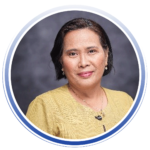
Raquel B. Lee
- The National Teachers (NTC), 1992
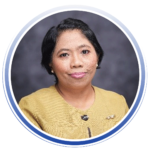
Maria Lorena D. Dela Cruz
- Far Eastern University (FEU), 1996

Jean – Louis M. Duque
- National University (NU), 2017
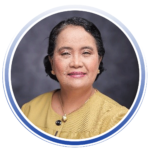
Dorcas S. Lagman
- Divina Pastora College, Gapan Nueva Ecija, 1995

Ferdinand P. Nolla
- PUP. 1986
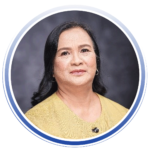
Cristina L. Padua
- Philippine Christian University, 1989
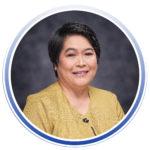
Maria Teresa M. Paras
- Manuel L. Quezon University, 1994

Jasmin O. Sangalang
- Philippine Christian University, 2012

Vivian V. San Luis
- Philippine Christian University, 1996
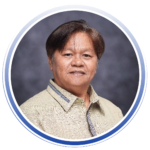
Geronimo D. Tolosa
- TUP, 1988

Naomi R. Tolosa
- Philippine Christian University, 1990
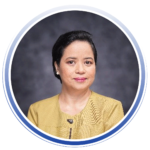
Janeth C. Tuzon
- Philippine Christian University, 1990

